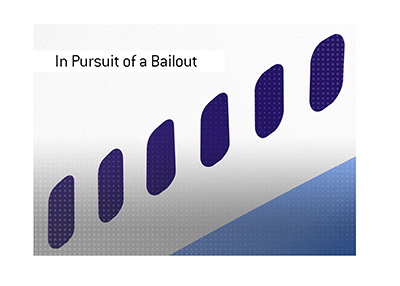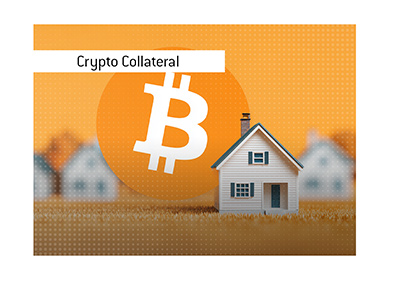The Curious Case of Boeing
 It wasn't that long ago when Boeing (aka The Boeing Company) could seemingly do no wrong.
It wasn't that long ago when Boeing (aka The Boeing Company) could seemingly do no wrong. In early 2019, the company was trading for over $440/share, which gave it a valuation of well over $200 billion. That was a 200% increase in valuation over the course of just 4 short years - a monstrous move for a company with a valuation that big.
Like many other companies, Boeing had been aggressively buying back its shares, which helped to propel shares of the stock to stratospheric levels.
When President Trump and the Republicans announced their corporate tax cut a few years ago, the party touted the fact that companies would have more money to pay to their employees.
In fact, the vast majority of this tax cut money went to:
1. Share buy backs.
2. Dividends.
Boeing, for instance, spent roughly 75% of its free cash flow on share buy backs over the last 10 years.
This amounts to a staggering $43.44 billion in buy backs. Instead of using the money to shore up its cash position or pay down debt, Boeing elected to spend the money on share buy backs, which are intended to inflate the value of existing shares.
In short - the people at the top of the company benefited the most from this practice, and now they are at the doors of the federal government, hat in hand.
-
Boeing has said that they need $60 billion in government assistance (including loan guarantees) at this time, which is just a bit more than the amount that they spent on buy backs over the past decade.
Boeing, given their importance to the US economy, will almost certainly get a bailout, though government officials are apparently balking at the request, likely given the horrible optics of a bailout for Boeing.
The chorus of voices against granting Boeing a bailout is growing - Mark Cuban, for instance, said that he believes that any company that uses money for share buy backs should not be entitled to government bailouts.
-
In the end, this reminds people of 2008, when banks were bailed out by the government despite their extremely irresponsible behavior that enriched all of the executives at the top.
Can the Trump Administration bail out such an irresponsible executive team with a straight face? Will rules regarding buy backs/dividends and the eligibility for future government assistance be enacted as a result?
Filed under: General Knowledge



